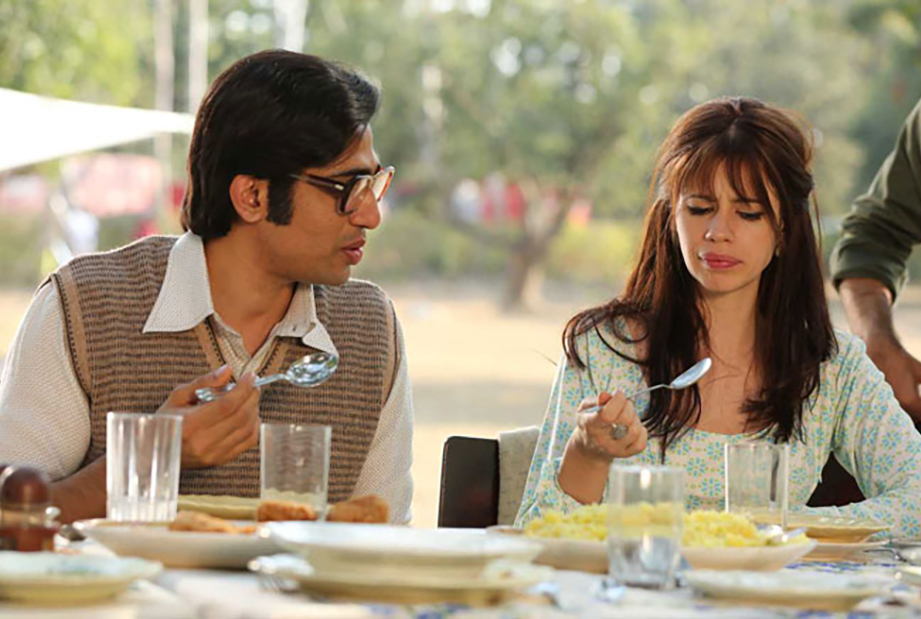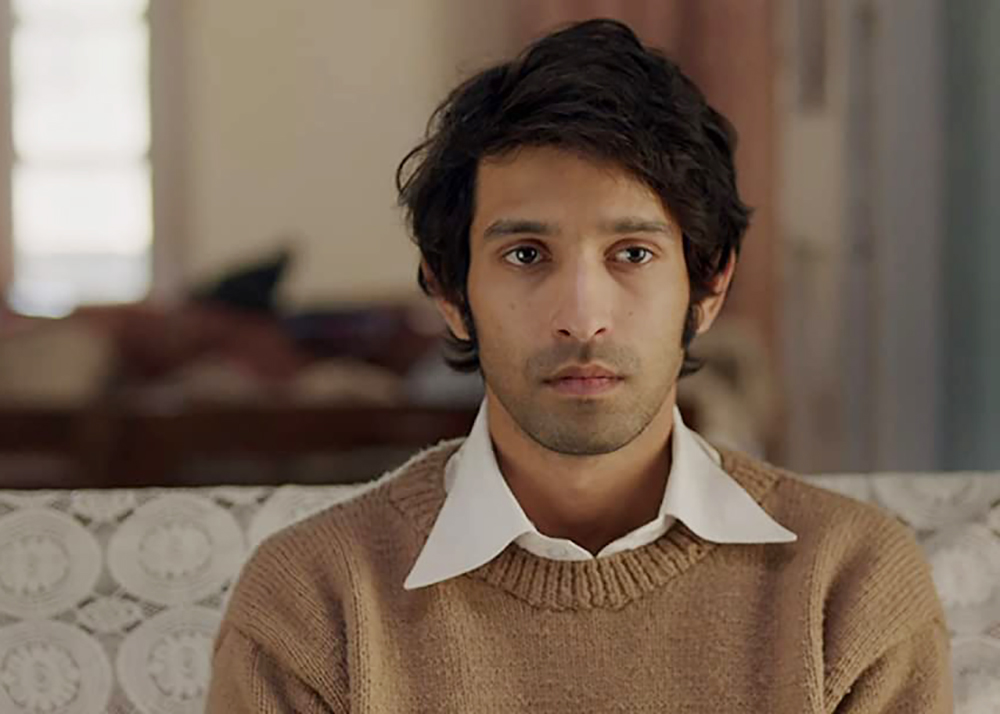“A Death in the Gunj” is a family movie—in the same way the movie “The Lodge” was also a ‘family movie’ (and if you’ve watched “The Lodge,” then you know how this movie is going to pan out). So brace yourselves for some disturbing, but also ‘food for thought-inducing’ moments.
I couldn’t help but draw comparisons between “The Lodge” and “A Death in the Gunj”— and the themes that they both deal with, in particular how both movies deal with the topic of mental health and the impact it, as well as the harms of pushing someone to their breaking point…either intentionally or unintentionally.
While in “The Lodge,” it was the traumatized and unstable Grace who bore the brunt of ignorant (and often annoying) stepchildren who pushed her to the point of no return by cruelly pranking her or bringing up her experiences in a cult (sorry, spoilers), in “A Death in the Gunj,” it is the bookish and introverted young Shutu who bears the brunt of his ignorant (and annoying) adult family members. They are polar opposites of him and fail to understand that he needs his space while on their family holiday. This leads to heated confrontations between them, and causing Shutu a lot of discomfort from both the physical and mental abuse meted upon him, which he suffers in silence.
As someone who has been prone to social awkwardness—and is an introvert who hates being rushed or bullied into doing or saying stuff, and can’t really build relationships or friendships quickly or easily in real life—I related to Shutu’s character. Watching him subjected to forced human interactions made me cringe. Watching him be put down simply because he didn’t fit in, or because of his ‘failure’ to move on from his father’s sudden death—until the peer pressure ultimately broke and completely changed him into a person he isn’t comfortable being—really hit home for me and even brought tears to my eyes.

Vikrant Massey does an outstanding job at playing Shutu, and the versatile actor is ably supported by his young co-star Arya Sharma (she plays little Tani, the only character who seems to understand him better than the people around him who are his own age or older). Ranvir Shorey plays the obnoxious, overly macho Vikram to perfection. Gulshan Devaiah turns in a fine performance as usual as Nandan, who prescribes as well as practices tough love—and seems to think everyone, including the ‘sissy, scaredy-cat’ Shutu—could benefit from the school of hard knocks.
Kalki Koechlin, Jim Sarbh, and Tillotama Shome also turn in believable performances as Mimi, Brian, and Bonnie respectively. “A Death in the Gunj” also benefits from good co-writing and directing from Konkona Sen Sharma (making her directorial debut here).
All in all, this movie portrays topics such as mental health and toxic masculinity in a manner that is eye-opening as well as heart-wrenching. It is disturbing to viewers and it is worth a watch.


